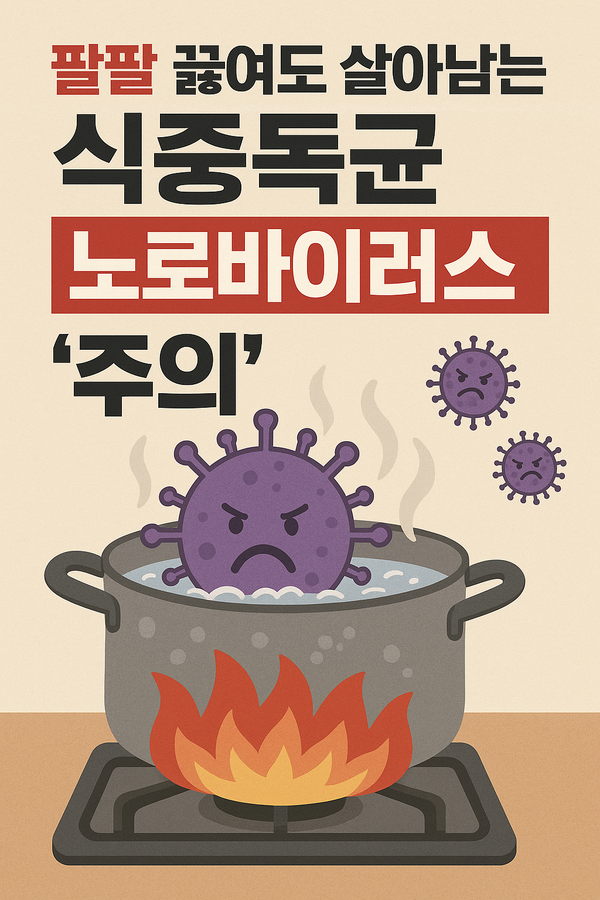
As spring temperatures climb, the Chungnam Provincial Institute of Health and Environment is urging residents and food service providers to exercise heightened caution regarding food safety. The institute's recent findings indicate a surge in food poisoning cases linked to Clostridium perfringens and norovirus.
Of particular concern is Clostridium perfringens, a bacterium known for its increased prevalence during the spring season. This resilient microorganism possesses a unique survival mechanism: the formation of heat-resistant spores. These spores can withstand boiling temperatures of 100℃ for over an hour. Once conditions become favorable, the spores germinate and multiply rapidly. This characteristic means that even food cooked thoroughly can become a source of food poisoning if left at room temperature, allowing the surviving spores to develop into harmful levels of bacteria.
Health officials emphasize that Clostridium perfringens food poisoning is largely preventable through diligent food handling practices. Proper cooking, adequate storage, and thorough reheating of food before consumption are crucial steps in mitigating the risk.
The institute's data also highlights norovirus as a significant contributor to foodborne illnesses, particularly during the period spanning from winter to spring. Norovirus spreads through the consumption of contaminated food or water, as well as through direct contact with infected individuals or their bodily fluids. To prevent norovirus outbreaks, thorough cooking of food and strict adherence to personal hygiene, including frequent handwashing, are strongly recommended.
Jeong Geum-hee, Director of the Chungnam Provincial Institute of Health and Environment, stressed the importance of proactive measures during this time of year. "The rising temperatures of spring create a favorable environment for foodborne pathogens," she stated. "We implore the public to be vigilant and consistently follow established food safety guidelines throughout the entire process of food preparation, storage, and consumption."
Director Jeong also assured the public of the institute's commitment to public health, stating, "The Provincial Institute of Health and Environment maintains a round-the-clock testing system, including weekends, to promptly identify the causes of food poisoning incidents and ensure a swift and effective response."
Residents and food operators are advised to remain informed about food safety practices and to take necessary precautions to prevent foodborne illnesses as the weather continues to warm.
[Copyright (c) Global Economic Times. All Rights Reserved.]



























